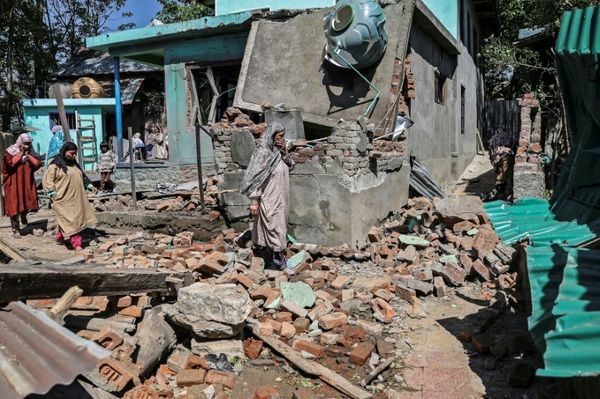
At least 54 bodies have now been recovered from a boat carrying more than 200 passengers which capsized along the River Niger in northern Nigeria.
Divers are still searching the waters but hope is fading on finding more of those who were on board.
Emergency crews managed to pull 24 people from the river. Several remain in hospital.
The vessel was transporting mostly women from Kogi state, central Nigeria, to a weekly food market in neighbouring Niger state when it went down on Friday evening.
Sandra Musa, a spokeswoman for the Kogi state emergency services, said no survivors were found from about 12 hours after the incident.
Authorities have not confirmed what caused the sinking but local media suggested the boat may have been overloaded which is common in remote parts of Nigeria where the lack of good roads leaves many with no alternative routes.
There are also indications that many may not have been wearing life jackets as required.
According to Justin Uwazuruonye, in charge of Nigeria’s National Emergency Management Agency, rescuers had trouble finding the location of the capsizing for hours after tragedy struck.
He said: “The problem is that there’s no passenger manifest and because of the time the accident occurred, giving an accurate account of persons, survivors and those missing, is very difficult.”
Such deadly incidents are increasingly becoming a source of concern in Nigeria, Africa’s most populous country.
This is the third time a passenger boat has gone down in Nigeria in the last 60 days.
Last month, a wooden dugout canoe - packed with nearly 300 passengers - overturned in the Niger, killing nearly 200.
Five people died when two boats collided in southern Nigeria’s Delta state last week.
Authorities struggle to enforce safety measures and regulations for water transportation.
Most of the accidents have been attributed to overcrowding and the lack of maintenance of the boats, often built locally to accommodate as many passengers as possible in defiance of rules.
The use of life jackets on such trips is often not enforced due to a lack of availability or cost.







